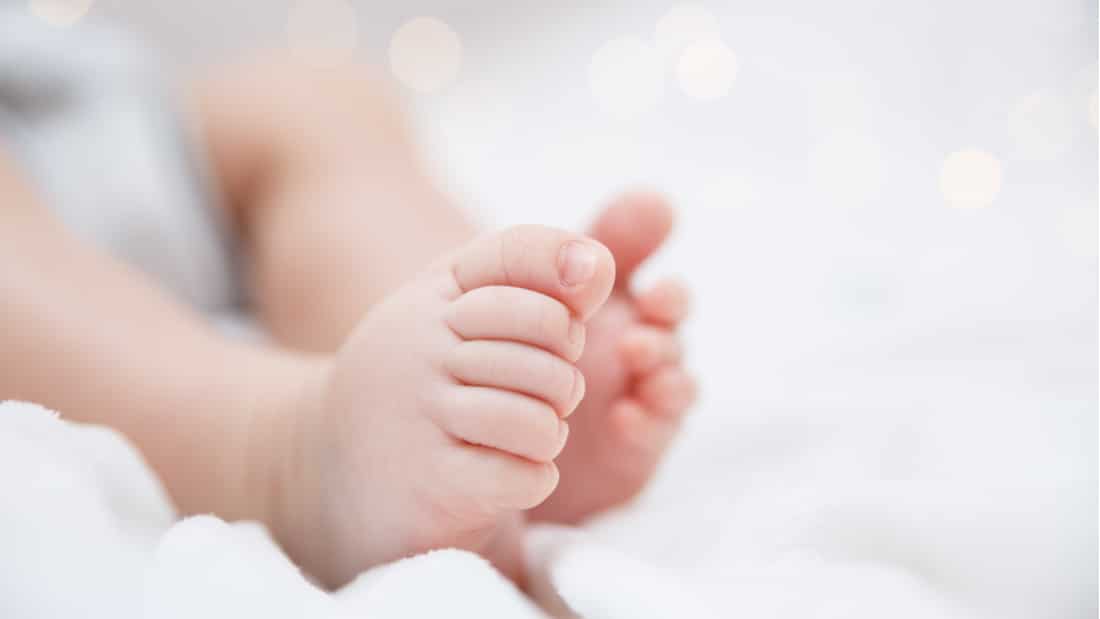
You and baby are now into the tenth week of the parent-child journey and this has so far likely to have proved testing but rewarding. Here are some of the commonest questions at this stage.
Is baby over-stimulated?
At ten weeks old, baby’s cognitive and physical development are continuing apace. Chances are that this is now being expressed through his curiosity. He is probably excited by just about everything: paintings on the wall, flickers from the television, the progress of light across the wall, siblings careering through the house, flicked books, flitting birds, crumb-eating pets, you name it – baby has a passion for it.
Sometimes, however, you might want to give baby the opportunity to chill out a bit, particularly if he is tired or if it is bed or feeding time. Find somewhere quiet and dimly lit and let him relax and doze if you need to.
Should baby be sleeping through the night?
Perhaps baby is sleeping for a full five, six or seven hours at night. However, if this is the case, you are in the lucky minority! For most parents of new babies, sleepless nights, crying and night-time feeds are still the reality.
Is it a good idea to let baby nap?
Given the seeming inability of many new babies to sleep through the night, it can be tempting to cancel their daytime naps in the hope that it will help them sleep through later in the day. However, babies are not made to get through the day without sleep. In fact, naps are essential to optimal development. What’s more, they are also invaluable to you as they allow you to get a bit of a break as well as the opportunity to remember what it is like to have two hands at once so that you can get on with essential tasks. Baby sleep cycles last for around 40-45 minutes, so although some babies may only nap for 40-45 minutes, others will sleep for around one and a half hours or two hours and 15 minutes. If the naps aren’t long enough and this is making baby tetchy, bear in mind that there are things you can do.
How do I communicate with baby?
Baby may still be non-verbal, but he still has plenty of ways to communicate with you. Of course, crying remains his first language, but he also has plenty of other cues to let you know how he is feeling. If he’s tired he’ll rub his eyes, ears or face, yawn or… cry. If he’s hungry he’ll put his fingers or fist to his mouth, root around, seem restless or… cry, usually in a short low-pitched way. If he feels like a play, he will probably smile in your direction and tilt his head in a way that indicates he is game. In fact, you probably realise these things already without being conscious of them – our ancestors have been picking up on these cues for thousands of years!
Am I neglecting my partner?
It’s normal for both new mums and new dads to feel that their partners are neglecting them. However, the reality is that having a new baby has changed the dynamic of your relationship forever, and these early months are the period that reveal it most dramatically. Just stay supportive and be sure that one of you is not taking on a disproportionate amount of the burden. For example, share feeding-time if baby is being bottle-fed. If baby is being breastfed, the partner who is not doing the feeding can work to help the other catch up on sleep. It is normal to feel emotional about the loss of your pre-child relationship, but there is still plenty of intimacy and bonding to be enjoyed. In fact, stay patient and strong and your love will only deepen.
Should I worry about my weight?
You are only ten weeks post-birth so you should not expect to have lost your pregnancy weight yet – after all it took you nine months to get there. Instead of focussing on the numbers, try and think in terms of health. Are you eating well? Are you beginning to take regular but gentle exercise? If you answer yes to these questions, then you can rest assured that you are on the right track.
Find out more about what to expect in week 11.



